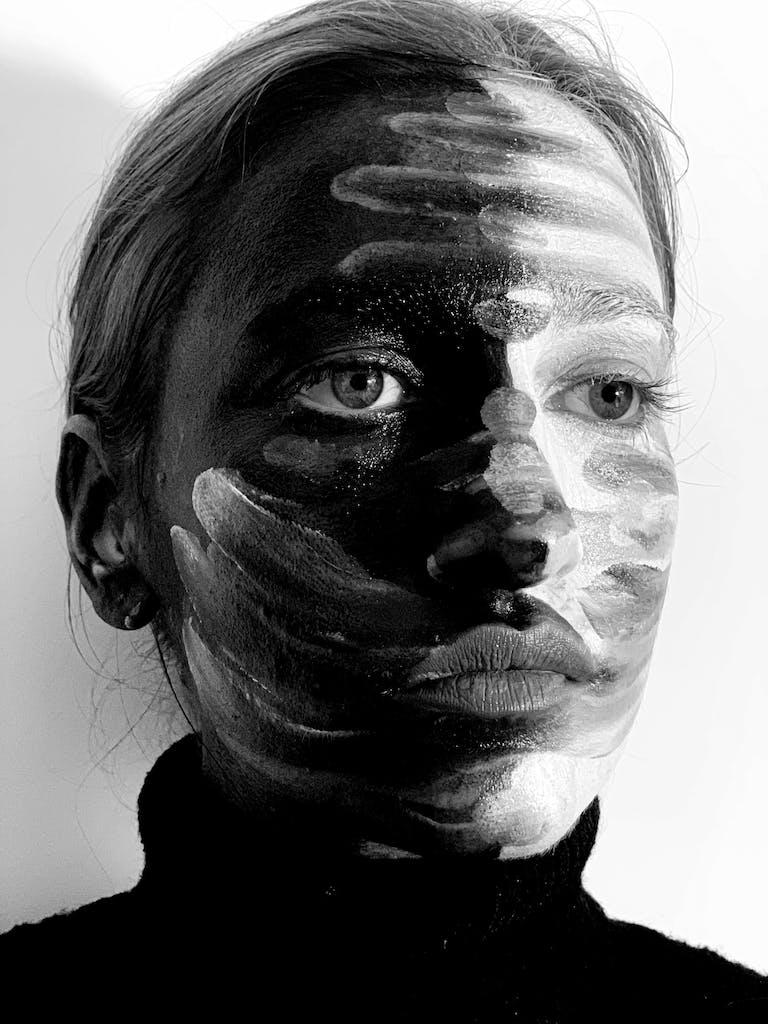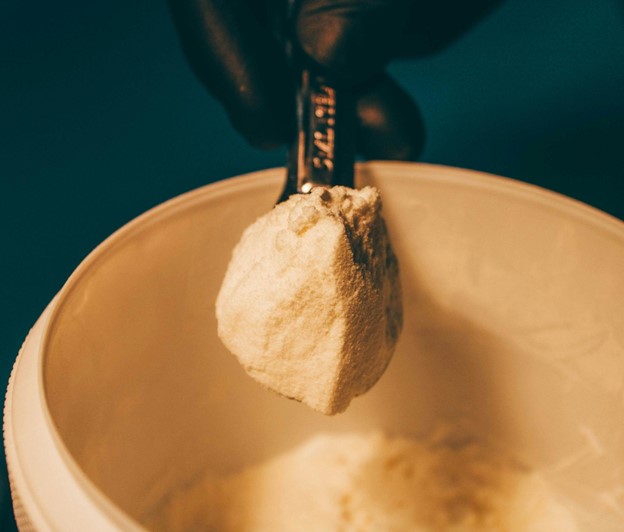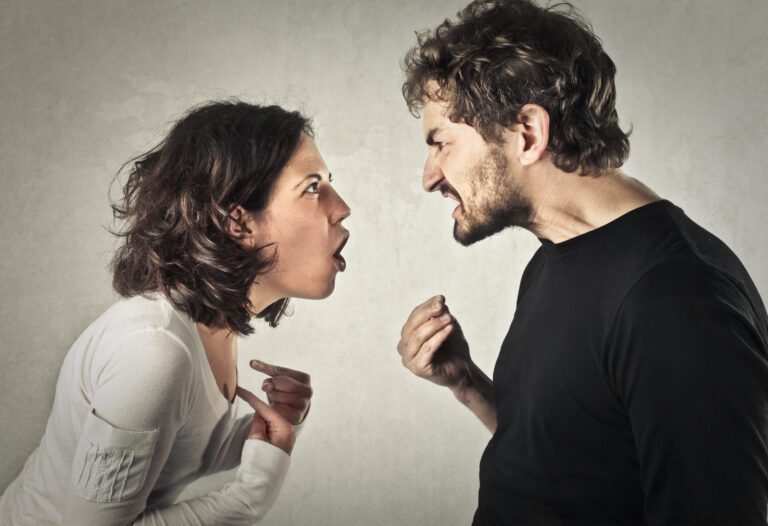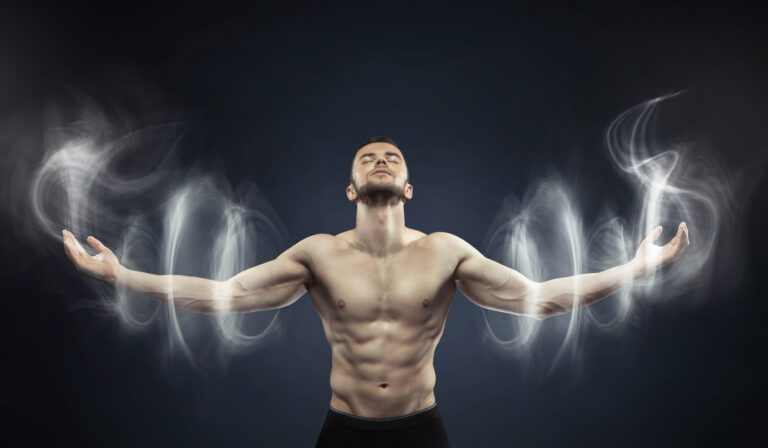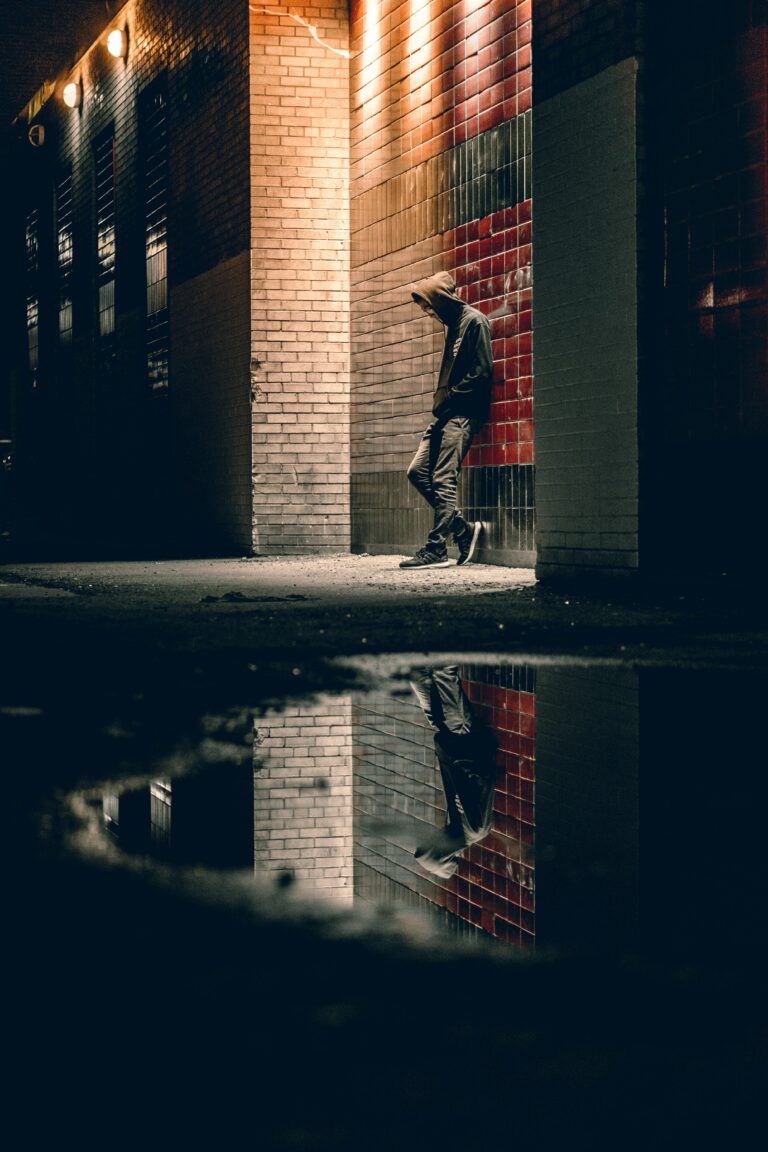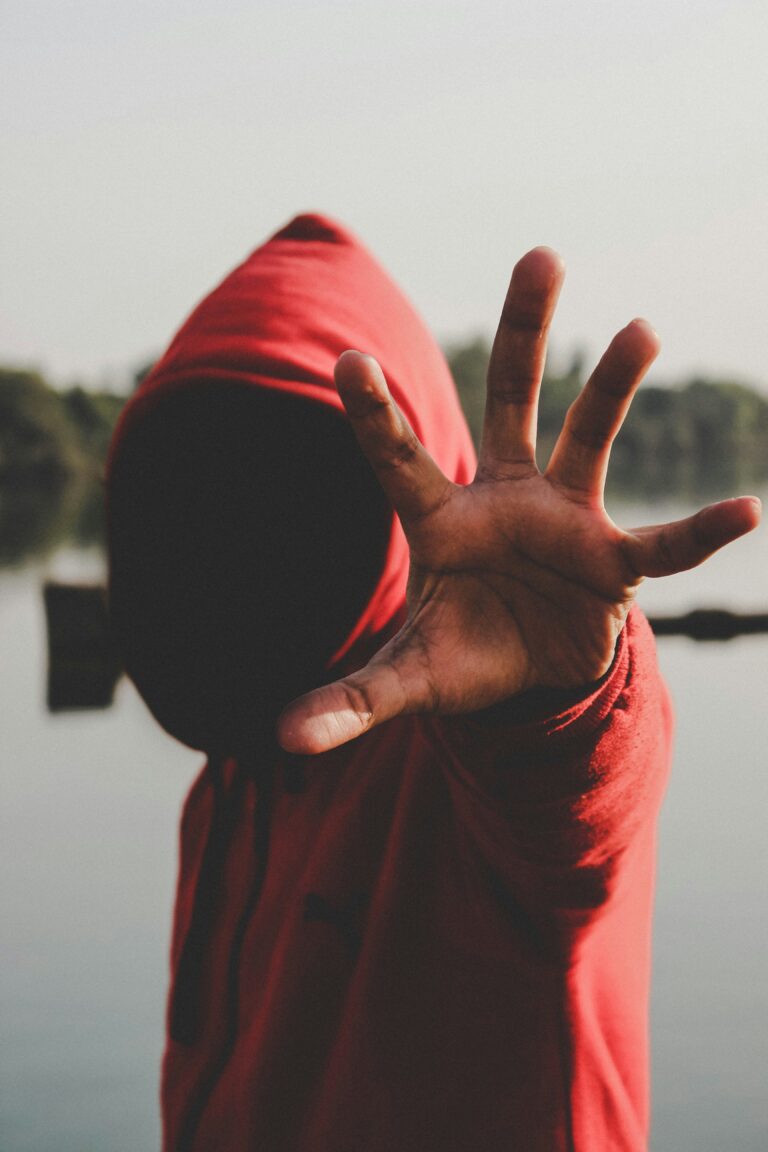What it Feels Like To Be Dually Diagnosed
I have the distinct pleasure of introducing my first guest blogger on The Bipolar Battle – Conor Bezane. This is his story about being dually diagnosed.
Here is Conor’s story…
In the winter of 2012, my family held an intervention for me, bringing to light the fact that I have a problem with alcohol. Even though I was drinking three six-packs every night, I was in denial, and after three sessions with an interventionist, I finally realized that indeed, I am an alcoholic. I agreed to go to rehab.
When I went to rehab, I was the only one in my group who admitted to struggling with mental illness. Sixty percent of bipolar individuals are addicts, I would later learn, but no one else in the group was bipolar. And even though 13 percent of Americans take antidepressants, I was the lone soul who dealt with bipolar disorder or any mental health ailment of any sort. I am dually diagnosed and have a dual diagnosis, a term I learned to use to describe myself.
Maintaining equilibrium for both of my illnesses is extremely difficult. In the first few weeks of sobriety, I was constantly craving alcohol and drugs. As a result, the bipolar kicked in and I felt terribly depressed because I couldn’t have my beloved beer or crack cocaine.
The Reality Of Being Dually Diagnosed
I was an emotional wreck, and AA alone couldn’t fill the vacuum of hurt I was feeling. Luckily, there was Dual Recovery Anonymous, a meeting for those of us who are dually diagnosed. We struggle with bipolar, major depression, post-traumatic stress disorder, schizophrenia, etc., in addition to addiction.
When I first got sober, the DRA meetings were essential to my well-being. But as time went on, people stopped coming to the meeting and it fizzled out because so few people knew of its existence. I tried to start a “mental health” AA meeting, knowing that if it was AA endorsed, they would list it in their directory. If there were women’s groups, men’s groups, and gay groups, why not a mental health group? But when I visited the central office and met with the director, I was told “We don’t do dual diagnosis.” Despite my pleas that the dually diagnosed have nowhere to turn, I was shot down.
Some people don’t have the luxury of seeing a psychiatrist. Seeing mine would replace the void I felt without a DRA meeting. But some others are not so lucky.
The Two Battles Of Being Dually Diagnosed
Fighting two battles is the ultimate challenge. You’re waging two wars at the same time—addiction and bipolar. It’s like playing an unwinnable game of Monopoly: After passing Go and collecting $200 on one of your issues, you might slip up on your other ailment, drawing a Chance card that sends you directly to jail, aka mental purgatory, where you struggle to maintain sobriety and stability.
Reaching that stable salvation isn’t a roll of the dice. It’s something you’ve got to earn, one day at a time. And with the passing of every day, each lap around the board, you start to feel better. Your meds start to work properly. Both illnesses begin to fade. You may never own Boardwalk, but with the proper care, most anyone can own a monopoly on their mental health.
Who Is Conor Bezane?
Conor Bezane is a music-meister who has written for MTV News, AOL, and VICE. A champion of the dually diagnosed, Conor has developed a flourishing support community on TheBipolarAddict.com and Facebook and has chronicled his own mental-health battles in his upcoming book The Bipolar Addict: Drinks, Drugs, Delirium, and Why Sober is the New Cool.

